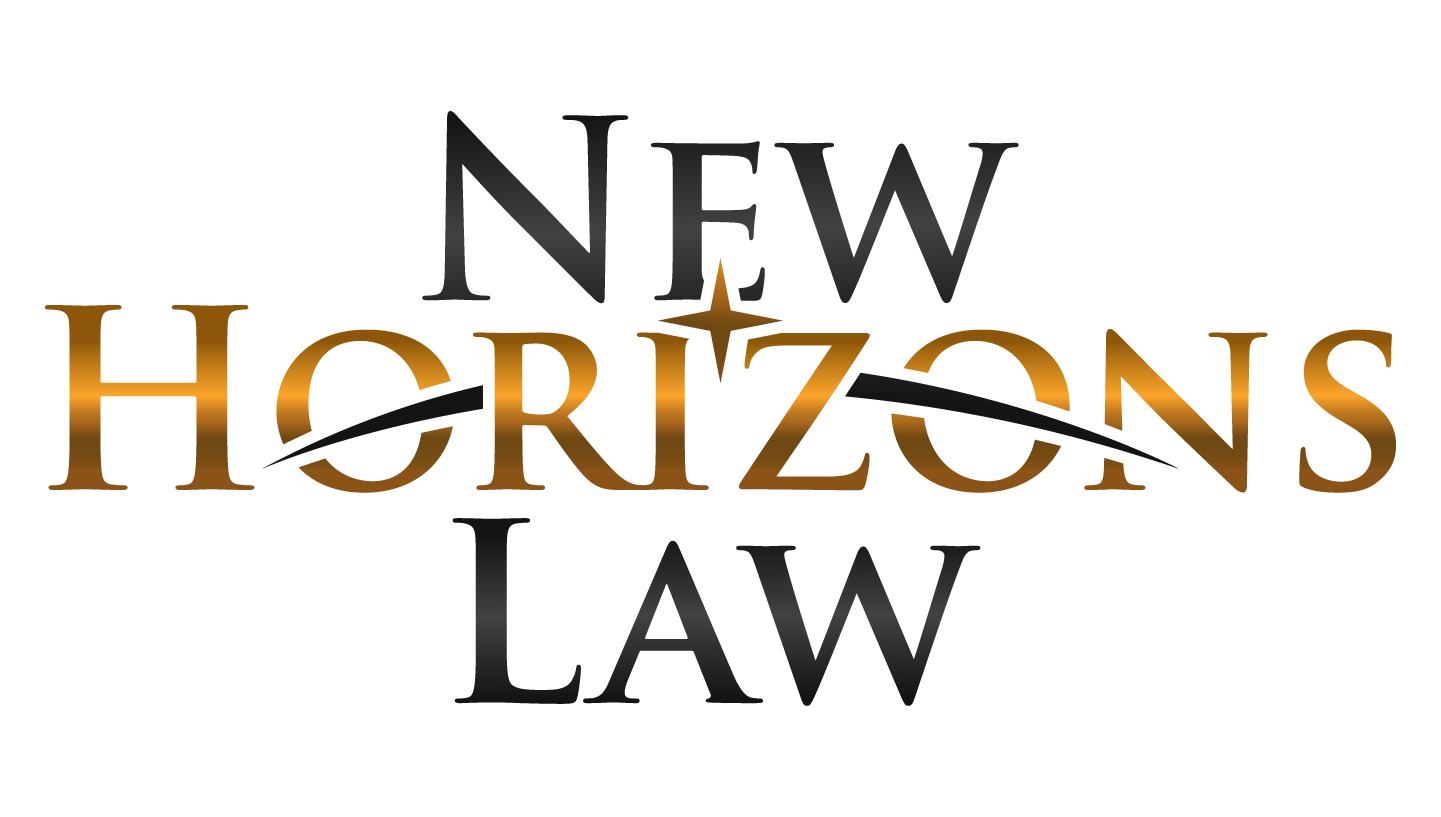At New Horizons Law, P.A., Michael J. Costantino, Esq. commonly is asked “What is a Guardian ad Litem?” The term “ad Litem” is a Latin phrase which translates to “for the lawsuit.” A Guardian ad Litem is an individual who is appointed by the Court to act on behalf of a minor or incompetent person, for the lawsuit.
While it is extremely common for the Court to appoint a Guardian ad Litem in Florida to assist the Court in dependency cases (when a child has been found to be abused, abandoned or neglected under Chapter 39 of the Florida Statutes), a Guardian ad Litem can also be very beneficial in divorce and/or a paternity case.
Florida Statute § 61.403 provides that “A guardian ad litem when appointed shall act as next friend of the child, investigator or evaluator, not as attorney or advocate but shall act in the child’s best interest. A guardian ad litem shall have the powers, privileges, and responsibilities to the extent necessary to advance the best interest of the child.”
Therefore, the Guardian ad Litem’s job is to act in the child’s best interest and report back to the Court and make recommendations on behalf of the child. Section 61.403 also provide that the Guardian can obtain access to medical and other records, can request the court to order evaluations for the children or the parents, and can also assist with finding experts for examinations or evaluations.
In a divorce case, a “Guardian ad Litem” can be appointed upon the request of either party or by the Judge on his or her own initiative. Since the main role of the Guardian ad Litem is to investigate the facts of the case and report back to the Judge, a Guardian ad Litem will talk with both parties, the child or children and any and other witness who may have pertinent facts as they relate to the best interest of the child.
The types of case where Guardian ad Litems are appointed are cases where there is significant conflict between the parties regarding children’s issues and/or significant concerns regarding the well-being of the children.
There are distinctions between a Guardian ad Litem in a family law case as opposed to a dependency case.
In a dependency case, the “Guardian ad Litem (GAL) Program in Palm Beach County is a partnership of community advocates and professional staff providing a powerful voice on behalf of Florida’s abused and neglected children. Guardian ad Litem Volunteers (GALs) are trained, court-appointed advocates for children who have been abused, abandoned, or neglected.” (See http://www.galpbc.org/)
In a family law case, Guardian ad Litems are paid by the parties and when appointed, the Judge will normally determine the fee for the guardian’s services as well as the percentage each parent pays.
In addition, a person who volunteers to be a Guardian ad Litem in a dependency case does not have to have any legal background; but the State of Florida’s Guardian ad Litem program does train and certify those individuals who serve as volunteer Guardian ad Litems in dependency cases.
On the other hand, in family law cases the Guardian ad Litem is often times a Florida licensed attorney which allows the Guardian to question witnesses and otherwise participate in official proceedings.
Clearly, a Guardian ad Litem may play a significant role in a disputed custody battle.
